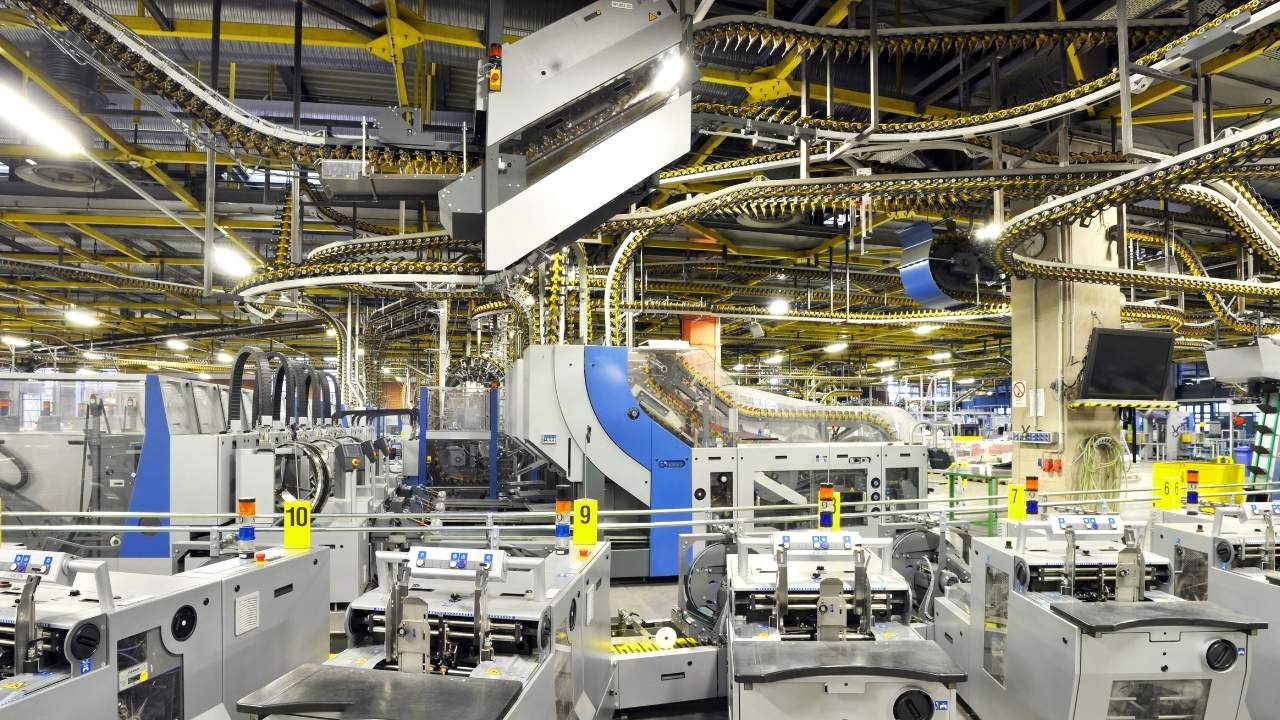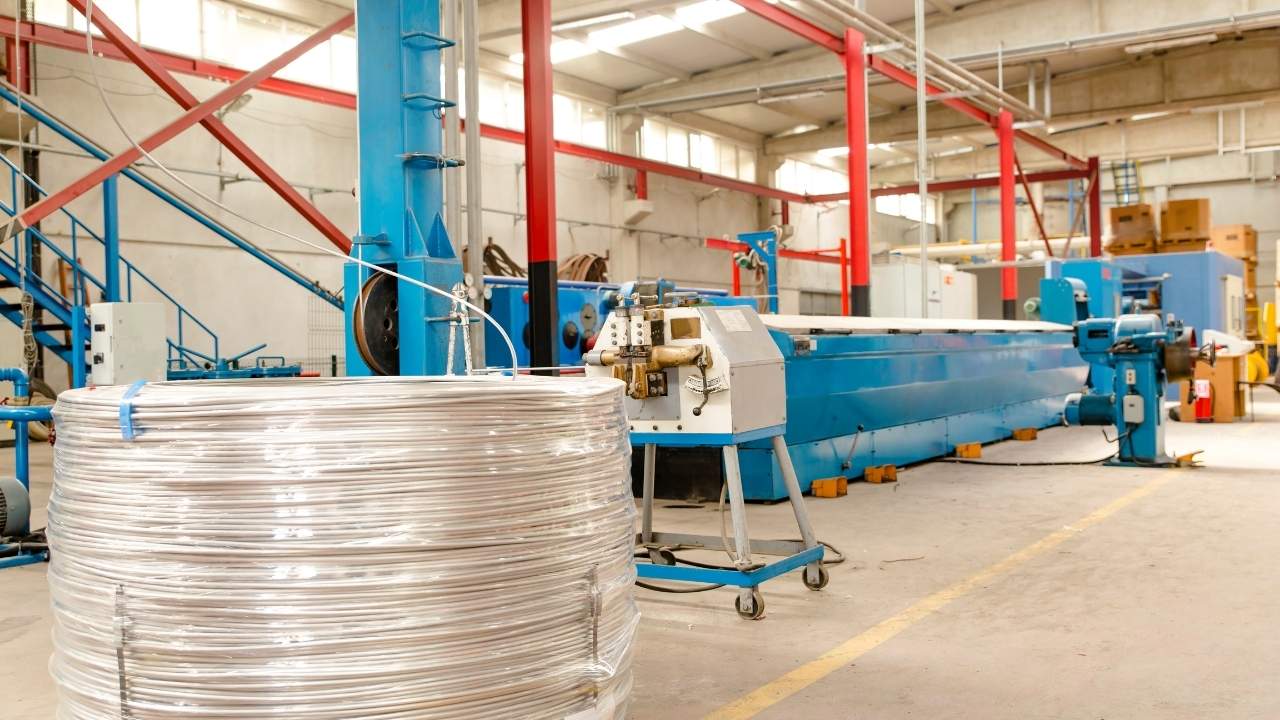Consolidated Statements take the financial statements of a parent company and incorporate the subsidiaries to create a connected picture Comparative statements, on the other hand, depict how the company’s position has evolved. Both are important statements of the financial position of a company but consolidated statements point to the broad picture now while comparative statements point to where the company is coming from.
What are Consolidated and Comparative Financial Statements?
Consolidate Financial Statements
When a company has many divisions or subsidiary companies, Consolidated financial statements interconnect those fragments and give a combined impression of the whole picture of a firm’s financial position.
The term “consolidated” may be used quite often, but it combines two different concepts in accounting. In the words of the Financial Accounting Standards Board (FASB), consolidated financial statements present the financial information of a parent company and its subsidiaries as one business because they are Brenda and are operated as one single entity.
Specifically, public companies, reporting under GAAP (Generally Accepted Accounting Principles) have very high reporting standards. If the company is located in different countries, it is subject to IFRS (International Financial Reporting Standards). GAAP and IFRS also address guidelines to be followed by companies that decide to issue consolidated statements to avail standardized and clear consolidated standards. Combined and consolidated financial statements mean the same and these are the statements that give the whole picture of the overall financial activity of a vast and complicated corporation that allows the users to make decisions.
Comparative Financial Statements
Comparative statements analyze financial statements such as balance sheets, income statements, and Profit and loss accounts for the previous year vs the current year. In doing so the statement highlights the growth, opportunities, and challenges for the business.
These statements take current positions and put them next to the previous periods of the fiscal year and thus explain trends, and progress. Investors can use them as a financial rewind button as they organize their data, enabling them to look for growth, areas of concern, or even overall data inconsistency.
Understanding Consolidated and Comparative Financial Statements
In the world of business, many firms operate via several divisions, subsidiaries, or branches. Such a complicated structure may make it increasingly complicated for any observer to establish a clear-cut financial health picture of the organization. Here come consolidated financial statements into the picture, hence they are a bare necessity in modern ERP systems.
Why do Businesses need an ERP that supports Consolidated Financial Statements?
-
Complete Financial Position
Consolidated Statements give an overall view of that position’s assets, liability, equity, revenue, and expenses. They provide businesses with a better perspective of assets, liabilities, equities, revenue, and expenses across the company’s entities.
More informed decision-making making a clearer view of the overall financial health would allow for making informed business and strategic decisions;
-
Efficient reporting
Consolidation is automated with the ERP, preventing any manual work involved, and so lesser chances of errors.
Compliance is enabled through the consolidated reporting which ensures disclosure standards are followed sufficiently through accounting standards, like GAAP and IFRS, including cases requiring such consolidation such as parent company and subsidiaries.
-
Increased transparency
The consolidated statements provide a transparent picture of the organization’s financial performance, thus cultivating trust among stakeholders like investors and lenders.
Core benefits of consolidated statements with Versa Cloud ERP
- Increased efficiency: Consolidation done faster means less expenditure of time and resources.
- Greater accuracy: The manual process usually can contain errors; automation eliminates the risk almost automatically.
- Real-time decision-making: Continuous acknowledgment of the organization’s whole financial status could directly result in rapid decision-making.
- Improved Analysis: Consolidated data could identify trends, determine performance, and benchmark against competitors.
- Simplified audits: Ceaseless availability of consolidated financial information simplifies the audit process.
An example of a Consolidated Income Statement Across multiple entities in Versa Cloud ERP
Versa Cloud ERP enables the business to select the financial statements and the reporting period which can be yearly, quarterly, or monthly. This provides the users the flexibility to generate the report as per the business workflow.


Why do Businesses need an ERP that supports Comparative Financial Statements?
Comparative financial statements are the cornerstones of a modern ERP system for businesses. They afford insight into a company’s financial standing over various periods, all laid out side by side to allow balanced comparisons and trend analysis.
Now imagine having in front of you a comparison of this year’s balance sheet, income statement, or cash flow statement, with last year’s, side by side with that of the year before. This is exactly what comparative financial statements are about.
-
Spot Trends
How did revenues, expenses, and profits change over time? Avengers of growth or hint at areas of concern?
-
Track Progress
Track key performance indicators (KPIs) and see if a company is meeting its financial goals.
-
Benchmark Against Competitors
Compare company financials against industry averages or competitive, gauging performance on a best-suited basis.
-
Inform Decision-Making
Provide insight that can be utilized by investors, managers, and analysts to help decide about a company’s future.
Core benefits of consolidated statements with Versa Cloud ERP
- Effortless Generation: Automatically generate comparative reports for any period, with customizable layouts and key metrics.
- Drill-Down Analysis: Dive deeper into specific accounts or transactions to understand the drivers behind variances.
- Data-Driven Decisions: Make informed strategic decisions based on a clear understanding of past performance and emerging trends.
An example of a Comparative Income Statement Across multiple entities in Versa Cloud ERP
Versa Cloud ERP enables the business to select the financial statements and the reporting period which can be yearly, quarterly, or monthly. This provides the users the flexibility to generate the report as per the business workflow. In addition, to this users can also use dimensions that are reportable segments within Versa giving users a more detailed view of the business’s growth and trends.


Consolidated financial statements provide a comprehensive overview of a company’s finances, combining data from all its subsidiaries in one financial report, interpreted as essential to grasping the entity-level performance of more complex organizations. On the contrary, comparative financial statements point to the changes in financial data over some time, thus showing the trend and inference on the performance of the entity concerned. All are important tools for informed decision-making; they provide a perspective on financial performance.
Versa Cloud ERP: Your All-in-One Solution for Consolidated and Comparative Financial Reporting
Modern businesses with complex structures and evolving needs demand potent accounting frameworks that can accommodate their needs. Versa Cloud ERP provides a complete solution that makes it possible for businesses to streamline their consolidated and comparative financial reporting processes and, by gaining insights, sustain growth and success.
Versa Cloud ERP does more than consolidated and comparative reporting. It offers an entire suite of accounting features:
- Visibility of Inventory in Real Time
- Revenue recognition that is hassle-free
- Robust Invoicing and billing module
- Effective expense management
- Robust reporting and financial analysis
In addition to this With Versa Cloud ERP businesses can gain
- 360-degree visibility into your financial performance.
- Increase accuracy and reduce errors.
- Streamline reporting processes.
- Increase compliance and reduce risk.
- Make data-driven decisions that will optimize growth.
Unlock a whole new level of financial visibility, efficiency, and control with Versa Cloud ERP.
A Business in the modern day is complex and requires resources to deliver on its goals and achieve its full potential. To create a small business success story business owners need an ERP system that grows with them.
Effectively manage your financials, inventory, and production workflows with our award-winning ERP.
Let Versa Cloud Erp’s do the heavy lifting for you.
[widget id=”custom_html-40″]
[widget id=”custom_html-42″]
[widget id=”custom_html-30″]
Do Business on the Move!
Make your businesses hassle-free and cut the heavyweights sign up for the Versa Cloud ERP today!!
Join our Versa Community and be Future-ready with us.
[widget id=”custom_html-20″]






